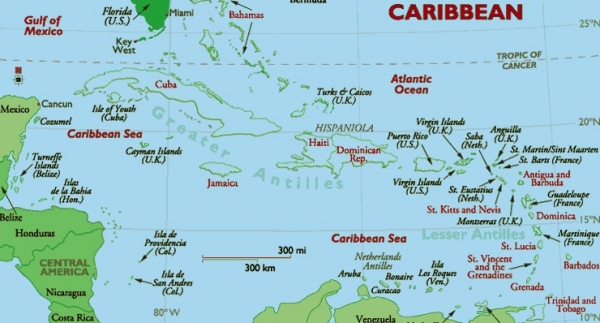PortEconomics member Jean-Paul Rodrigue and Porteconomics co-director Theo Notteboom presented their latest research on the geography of cruise itineraries,, during the annual conference of the International Association of Maritime Economists – IAME 2012, that was held in Taipei, Taiwan.
In the past decades, the cruise industry developed into a mass market using large vessels and adding more revenue generating passenger services onboard. It is a highly concentrated business both in terms of players (i.e. four players accounting for 96% of the market) and markets (i.e. the Caribbean and the Mediterranean accounting for more than 70% of the deployed capacity). Under such circumstances vessel deployment strategies and itinerary design by cruise operators are primordial and are affected by market circumstances and requirements and by pure operational considerations.
In a port study that focuses on capacity deployment and itineraries, Theo and Jean-Paul focus on two major cruise markets: the Caribbean and the Mediterranean through an analysis of itineraries and ship deployment. Τhe study leads to the conclusion that the cruise industry sells itineraries, not destinations, implying a level of flexibility in the selection of ports of call.
The study also reveals that the two cruise markets are not functioning independently but are interconnected in an operational manner, particularly through the repositioning of vessel units to cope with variations in seasonal demand among the regional markets. Next to analyzing itineraries and capacity deployment strategies, the paper proposes a classification of cruise ports based on the role they serve within their regions.
You might read – and freely download – the full study @PortEconomics.
The annual conference of the International Association of Marime Economists – IAME 2012, held in Taipei, Taiwan, provided the PortEconomics team the opportunity to present 16 different port or port related studies that progressed over the course of the most resent months – read more & reach the studies: PortEconomics team@IAME2012.












